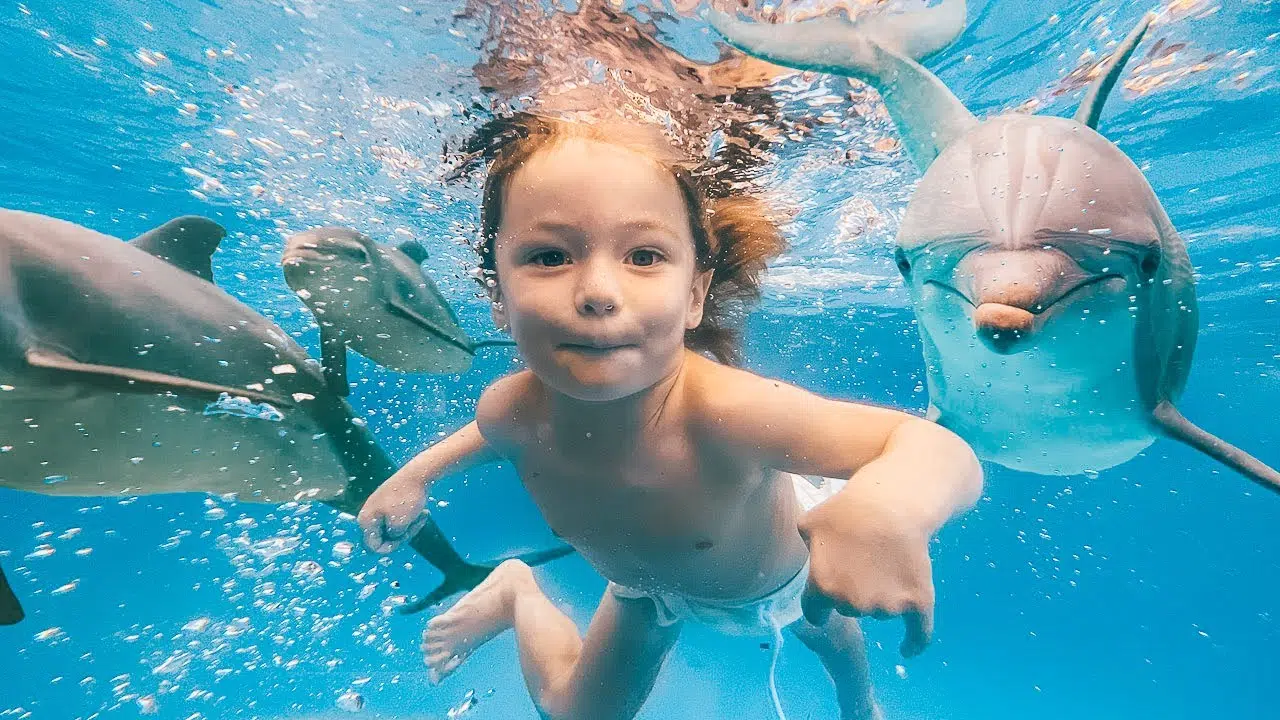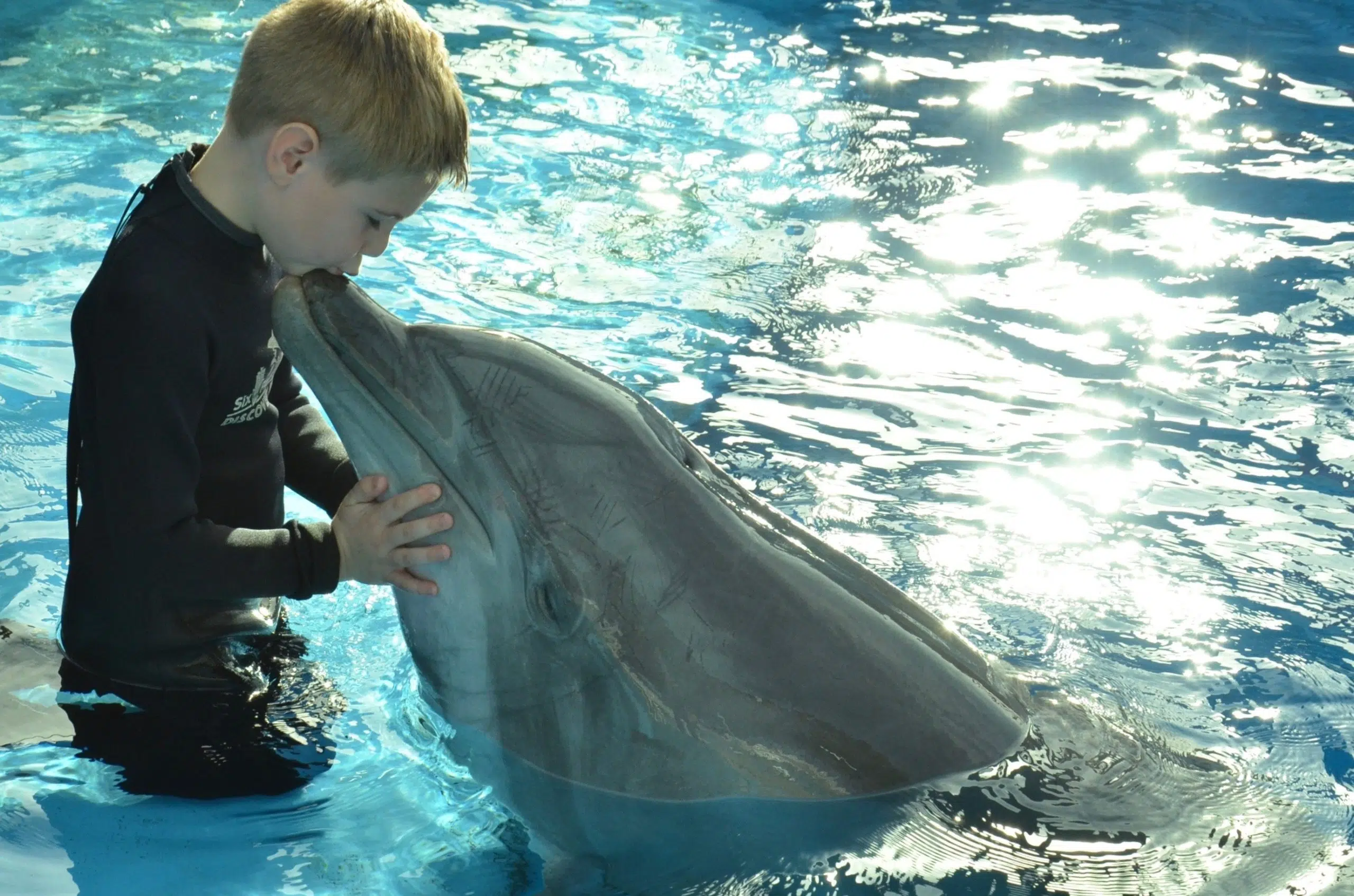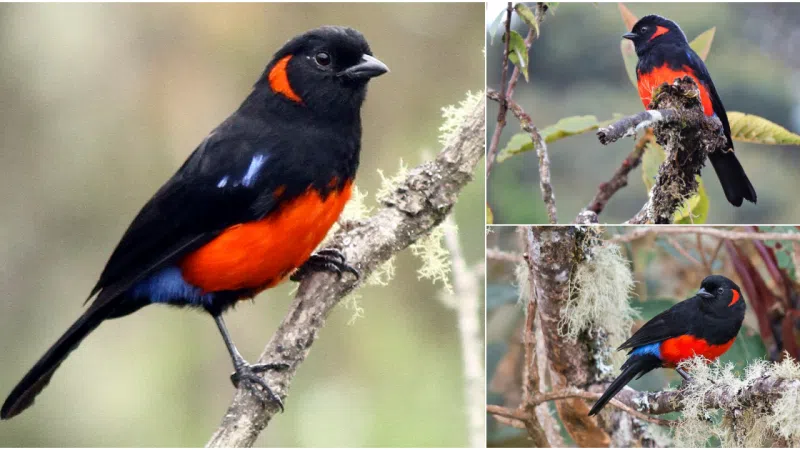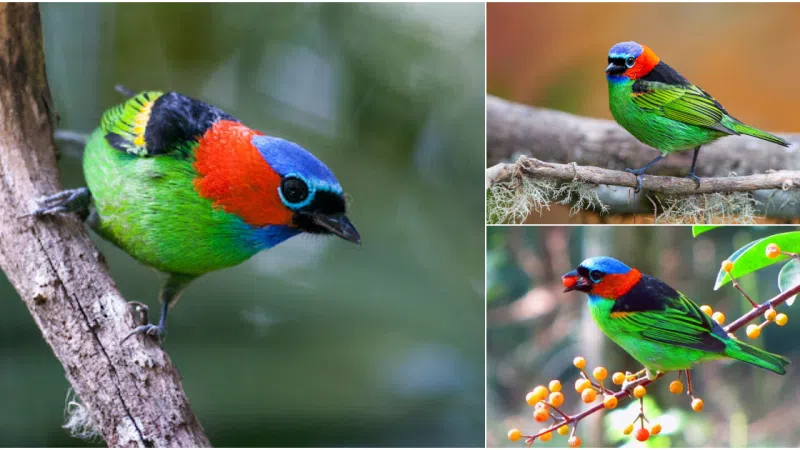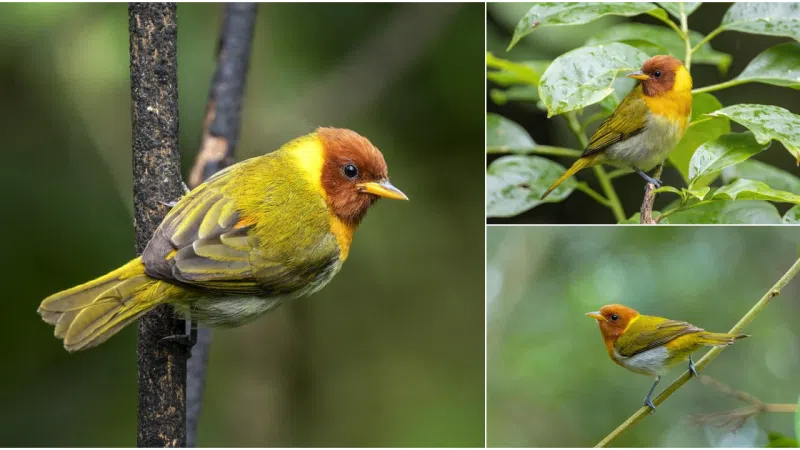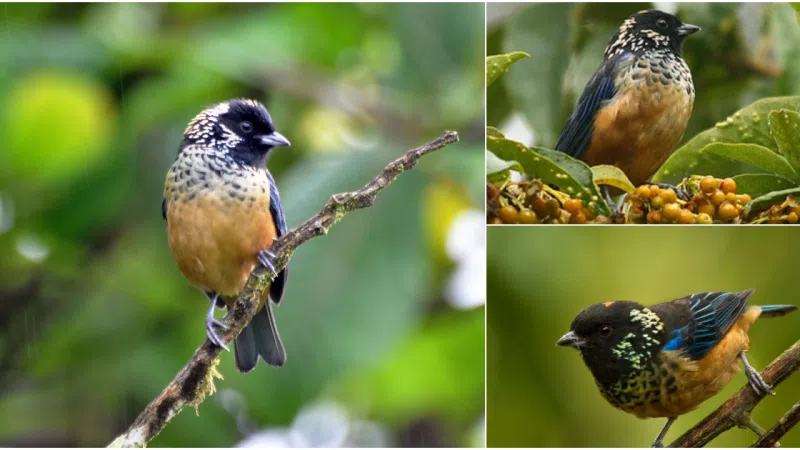Dolphins Find Babies Cute Too
In a heartwarming revelation, scientists have discovered that dolphins, known for their intelligence and complex social behaviors, share a trait common to humans and other mammals: an affinity for babies. This finding sheds new light on the emotional lives of these marine mammals and underscores the importance of understanding their social dynamics.
Researchers from the University of Manchester and the Sea Life Trust conducted a series of observations at the SEA LIFE aquarium, where bottlenose dolphins reside. Their study aimed to explore the dolphins’ responses to various stimuli, including images of both dolphin and human infants. What they found was both fascinating and endearing.
When presented with images of baby dolphins, adult dolphins exhibited behaviors indicative of interest and engagement. They displayed increased vocalizations, playful movements, and even approached the images with apparent curiosity. These reactions were remarkably similar to those observed in human adults when presented with images of human infants.
Even more intriguing was the dolphins’ response to images of human babies. Despite the obvious physical differences between species, the dolphins displayed similar behaviors, suggesting a universal appreciation for the young among mammals.
Dr. Emma Ross, lead researcher on the study, expressed her excitement about the findings, stating, “We often think of human emotions as unique, but this research challenges that notion. Dolphins, like us, seem to have a natural inclination to be drawn to the innocence and vulnerability of babies.”
The implications of this research extend beyond our understanding of dolphin behavior. They prompt us to reconsider the nature of emotions and social bonds across species. Just as humans form attachments to infants across different cultures and societies, dolphins too may experience similar emotions and connections within their pods.
Furthermore, these findings underscore the importance of conservation efforts aimed at protecting not only adult dolphins but also their young. Understanding the emotional lives of dolphins can inform policies and practices that ensure the well-being of these remarkable creatures and their habitats.
As we continue to unravel the mysteries of the natural world, discoveries like this remind us of the interconnectedness of life on Earth. Whether in the depths of the ocean or the bustling streets of a city, the bonds of empathy and compassion transcend species boundaries, reminding us of our shared humanity—or, in this case, our shared mammalian instincts to find babies utterly irresistible.


